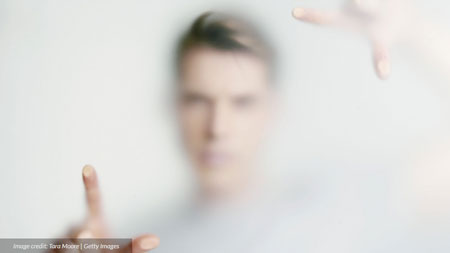 Entrepreneur.com just published one of my new articles. It begins:
Entrepreneur.com just published one of my new articles. It begins:
“Don’t we all long for a wise mentor? Perhaps we imagine that person sitting in a rocking chair on the front porch on a fine summer day. Or maybe we climb a mountaintop and find them sitting outside their cave. Then again, it may be the image of the wise, reflective grandmother whose every utterance is just what we needed to hear, like the Oracle in The Matrix. Do they still exist? Have we driven them all underground? Or perhaps we wouldn’t recognize them if we saw them”…
Read more:


This is an awesome article! It makes me wonder what a true seer would think after reading it. I’d like to think they would say, “Bravo!”
It seems to me that when people assume that everything has to be scientifically proven, they are assuming that science is the be-all-and-end-all of knowledge, or the ultimate standard in judging knowledge. I never assumed that about science. Science is limited by the people who create it, and they are usually limited in some way. If you don’t assume that science is the be-all-and-end-all in the first place, you don’t limit yourself to what has been scientifically proven. You can still ask and answer other valuable questions that lead in valuable directions, like: Does it make sense? Does it feel right? Does it have any validity or consistency? Does it fit together in a big picture way? These questions allow exploration and creativity. And, nothing is stopping one from still falling back on Ye Olde Scientific Methode when helpful/appropriate.
My husband adds: When scientific findings are developed, don’t ignore them. They may spur you to re-evaluate your thinking, beliefs, and theories. (Works for me.)
An excerpt of the article that touched me. “Science, for better and worse, has overtaken our world. For anything to be considered truth, it must be proven. This approach has served us well, resulting in fabulous technologies — everything from airplanes to Air Books. But at what cost? Don’t some things elude the grip of the scientific approach? Doesn’t the nectar of wisdom, intuition and imagination require the awareness to be freed from stifling scientific reasoning?”